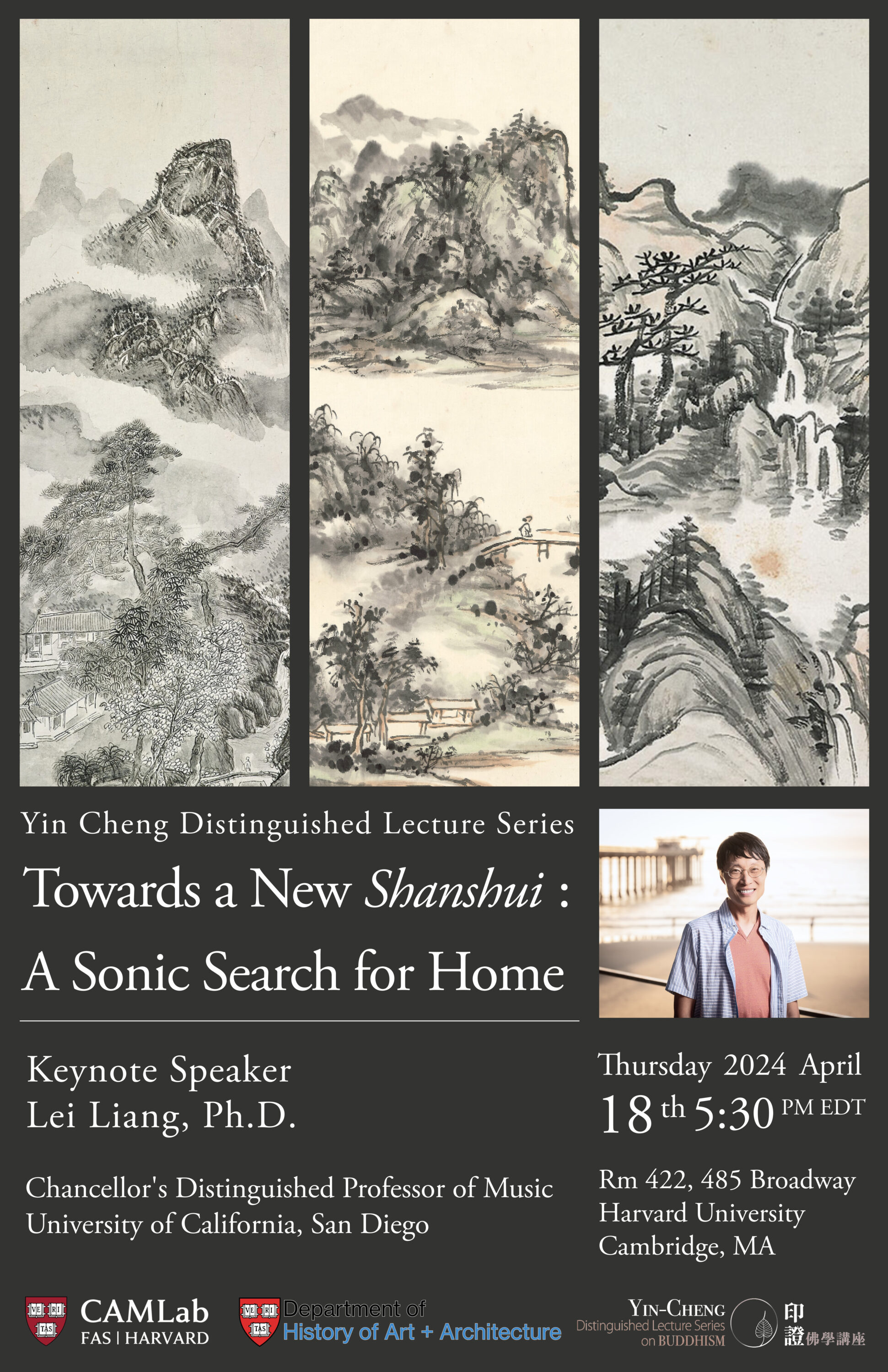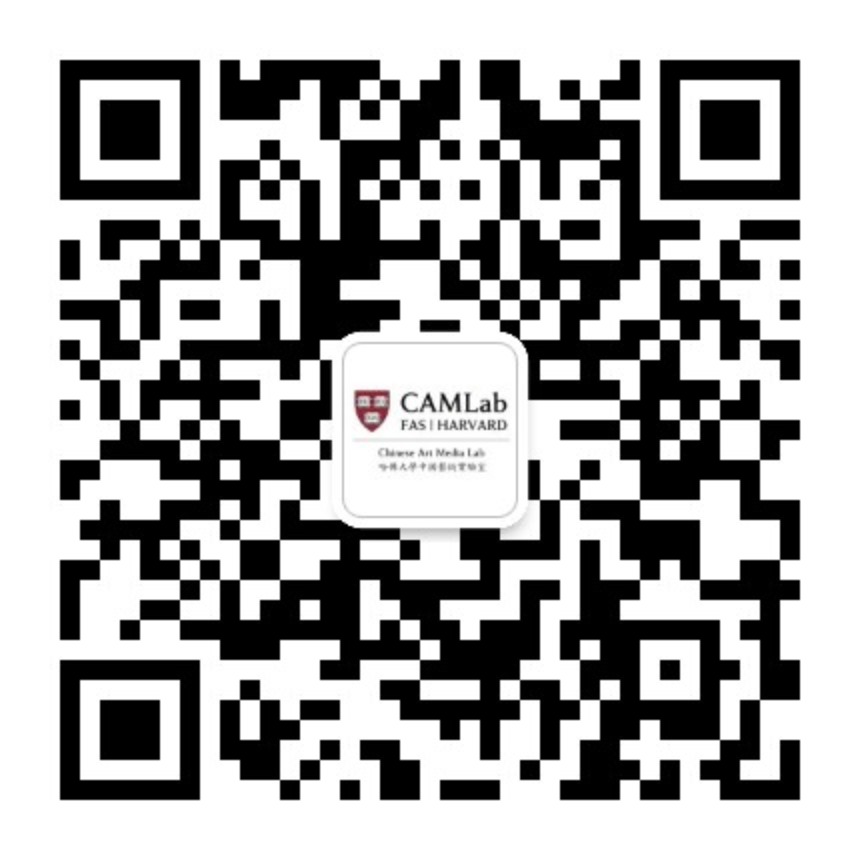April 18 2024, 17:30 – 20:00 PM
Rm 422, 485 Broadway | Harvard University
Internationally renowned composer Lei Liang meditates on the concept of “home”—a poignant theme entwined with his musical lineage, particularly the haunting melodies of Inner Mongolia that have deeply influenced him since childhood. Reflecting on the personal and cultural significance of these melodies against the backdrop of cultural transformations, Liang interweaves his narrative with a scholarly exploration of the Chinese written character for “home” and its evocative interplay. Liang’s transformative experiences in American libraries led to a profound reconnection with his Chinese heritage. Central to the lecture is his collaborative projects with engineers, oceanographers and geologists at “Lei Lab” at the Qualcomm Institute, which reimagines cultural heritage through a fusion of acoustic and visual media, inspired by Huang Binhong’s landscapes and propelled by innovative software that translates visual stimuli into aural experiences. Liang’s lecture encapsulates his journey towards a multifaceted understanding of home, steeped in sonic imagination, academic inquiry, and technological innovation.
Dr. Lei Liang:
Chinese-born American composer Lei Liang is the winner of the Rome Prize, the recipient of a Guggenheim Fellowship, a Koussevitzky Foundation Commission, a Creative Capital Award, and the Goddard Lieberson Fellowship from the American Academy of Arts and Letters. His concerto Xiaoxiang for saxophone and orchestra was named a finalist for the Pulitzer Prize in Music in 2015. His orchestral work, A Thousand Mountains, A Million Streams, won the prestigious Grawemeyer Award for Music Composition in 2021.
Lei Liang was commissioned by the New York Philharmonic and Alan Gilbert for the inaugural concert of the CONTACT! new music series. Other commissions came from the Fromm Music Foundation, Meet the Composer, Chamber Music America, among others. Lei Liang’s twelve portrait discs are released on Naxos, New World, Mode, Albany and Bridge Records. He has edited and co-edited seven books and editions, and published more than forty articles.
Lei Liang studied with Sir Harrison Birtwistle, Robert Cogan, Chaya Czernowin, Mario Davidovsky, and received degrees from the New England Conservatory of Music (B.M. and M.M.) and Harvard University (Ph.D.). He is Chancellor’s Distinguished Professor of Music at the University of California, San Diego. His catalogue of more than a hundred works is published exclusively by Schott Music Corporation (New York).
Discussant: Hui Weng, Associate Professor of Berklee College of Music
Hui Weng, an Associate Professor at Berklee, is a virtuoso deeply entrenched in ancient Chinese traditions, fearlessly transcending musical boundaries that few dare to approach. With her mastery of traditional, contemporary, and improvised on Guzheng, she has garnered international acclaim, establishing herself as a preeminent figure in the global music scene.
Her exceptional talent has garnered her numerous accolades, including gold medals, distinctions like the “Jin Zhong Award,” “National Rising Star,” and “Oriental Artist,” and recognition in major national and international competitions. She has also been honored with the prestigious “Musical Independent Award” and “Emerging Artists Award” fellowship, recognizing her pioneering efforts in expanding Guzheng performance to encompass singing, dancing, and her contributions to composing and curating new works.
As an educator, Ms. Weng is a trailblazer, opening doors to performance in Chinese traditional instruments, The Music of China, and the Global Music Ensemble at Berklee and NEC. She is charting a new path for students who play non-classical instruments, contributing to the enrichment of Chinese culture within these renowned conservatories, and nurturing a deeper appreciation for the diverse and vibrant world of music. Additionally, Ms. Weng’s current project, “Rivers of Resonance,” supported by the Berklee Faculty Development Grant, exemplifies her commitment to pushing musical boundaries and exploring different cultures.
Discussant: Professor Kay Shelemay, Gordon Watts Professor of Music and Professor of African and African American Studies, Harvard University
Kay Kaufman Shelemay is the G. Gordon Watts Professor of Music and Professor of African and African American Studies at Harvard University and a former Chair of the Department of Music. An ethnomusicologist who received her Ph.D. in Musicology from the University of Michigan, Shelemay’s books include Music, Ritual, and Falasha History (1986 winner of the ASCAP-Deems Taylor Award in 1987 and the Prize of the International Musicological Society in 1988); A Song of Longing: An Ethiopian Journey (1991); Ethiopian Christian Chant: An Anthology (3 vols., 1993-97, co-authored with Peter Jeffery); Let Jasmine Rain Down. Song and Remembrance Among Syrian Jews (1998; finalist, National Jewish Book Award); the WW Norton textbook, Soundscapes. Exploring Music in a Changing World, now in its 3rd edition (2016). Her article “The Power of Silent Voices” won the SEM 2010 Jaap Kunst Prize and her 2022 book Sing and Sing On. Sentinel Musicians and the Making of the Ethiopian American Diaspora received Honourable Mention for the ICTMD 2023 Book Prize, and Honorable Mention for the SEM Bruno Nettl 2023 Book Prize. Shelemay has been awarded major fellowships, including from the Guggenheim Foundation, the National Endowment for the Humanities, and many others, and started a new project on the interaction of African and Jewish music studies along with their diasporas during 2023-2024 as a fellow at the Herbert D. Katz Center for Advanced Judaic Studies, of the University of Pennsylvania. She is Past-President of the Society for Ethnomusicology and in 2012, completed terms as a congressional appointee to and chair of the Board of Trustees of the American Folklife Center at the Library of Congress. A fellow of the American Academy of Arts and Sciences (2000), the American Academy of Jewish Research (2004), the American Philosophical Society (2013), and the Ethiopian Academy of Sciences (2014), she held the Chair for Modern Culture at the Library of Congress during 2007- 2008 and was the national Phi Beta Kappa/Frank M. Updike Memorial Scholar during 2010-2011.
Cellist Chenyi Hu
Chenyi Hu, born in an artistic family, has been nurtured by the arts since childhood. In 2015, he won the gold medal in the Tianjin Children’s Art Competition, securing a spot at the Middle School Affiliated to Tianjin Conservatory of Music without the need for auditions. Following his success, he went on to win the silver medal and “Best Performance for Chinese Works” special prize at the Junior Aiqin Cup Cello Competition in 2017, one of the most prestigious cello competitions in China organized and sponsored by Central Conservatory of Music. In 2018, he joined the Walnut Hill School for the Arts and NEC’s Preparatory College Program under the guidance of Ronald Lowry. Chenyi further honed his skills on the global stage during NYO-China’s European Summer Touring Program in 2019, performing at the world-class venues amid prestigious music festivals, such as Germany’s Young Euro Classic, held at Konzerthaus Berlin, the United Kingdom’s Snape Proms, and Italy’s Bolzano Festival, and the Shanghai Oriental Art Center. Currently, he continues his musical journey at Manhattan School of Music under the tutelage of esteemed cellist Philippe Muller.
April 18 2024, 17:30 – 20:00 PM
Rm 422, 485 Broadway | Harvard University


